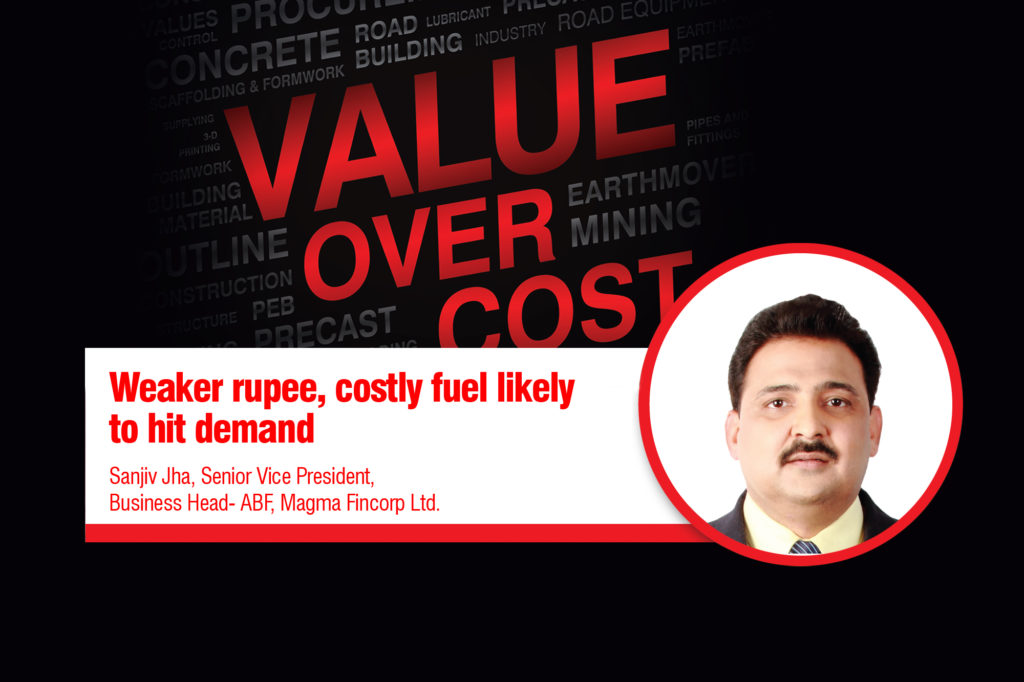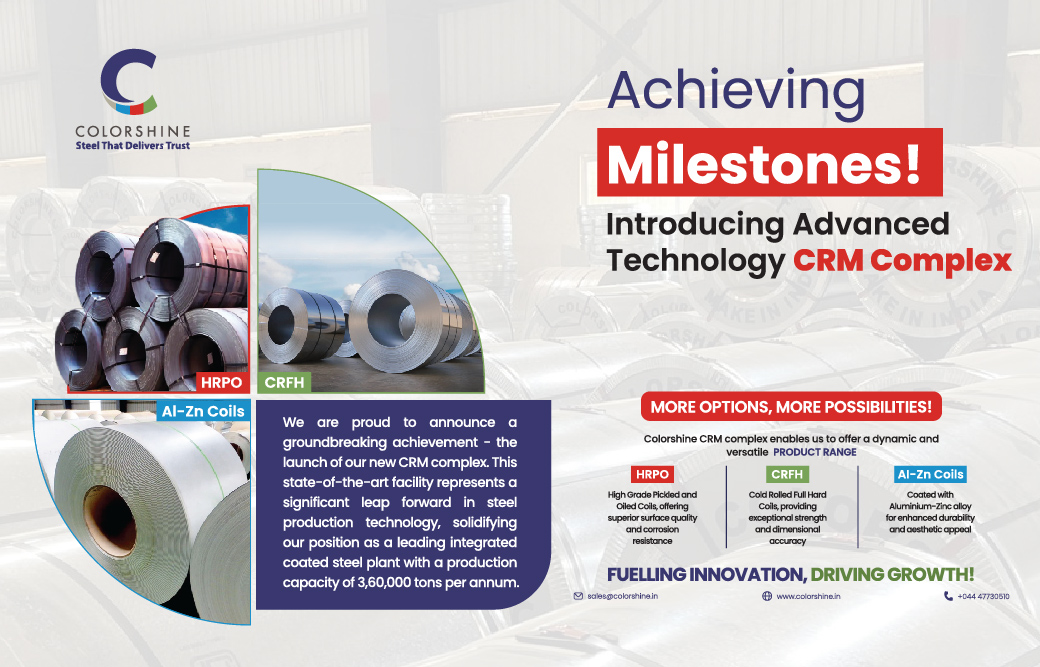The rupee has been a consistent performer over the past few years. However, amidst rising crude oil prices, and increased demand for dollar, which in turn is due to better yield in the US bond market, rupee has become weaker. For the asset financing industry, both the sharp increase in fuel price and steep fall of rupee are reasons to worry about.
The commercial vehicle (CV) demand is expected to be hit due to fuel price increase and rupee devaluation. Unless there is a quick correction in both, the transporters will be under pressure and find their business viability weaker. Their per trip yield will surely be hit as diesel is rapidly moving northwards. Higher fuel cost will impact their repayment capability and that’s something they would not like as it impacts credit score in the long run.
To address this challenge, the transporters will seek increase in fare which in turn will slow down the demand for vehicle as well as finance. Car and SUV demands are already showing a slow down with lower offtake in July and August – the first time since demonetisation two years ago.
Higher fuel cost as well as a weaker rupee is impacting most those who are buying a new asset. For the passenger car segment, price increase is inevitable if the current situation continues and this will scare a lot of first-time buyers. They may be forced to postpone their decision, due to higher price of asset plus higher opex due to increased fuel cost. Petrol in some parts of the country has crossed ` 90 per litre and there is uncertainty on when the prices will reduce.
Weaker rupee also means hardening of interest rates. Reserve Bank of India has opted to hike policy rates twice in the last couple of monetary policy reviews. Upward moves in inflation and interest rates will leave less money in the hands of individuals.
There is a double whammy for the customers who otherwise are heavy users of cars. One, the prices will increase due to weaker rupee and lower fuel efficiency and higher fuel price will impact demand negatively. The same is already a reality. Despite such big festivals like Onam in South and Ganesh Chaturthi in West, there is a steep decline in sales of vehicles and therefore lower volumes in auto financing.
Construction equipment financing too is expected to be hit. Generally, demand for construction equipment finance increases post monsoon, during the festive months. Weaker rupee means higher import cost which in turn means fall in demand for the assets, and that’s not good news either.
Weaker rupee and costlier fuel overall means higher interest rates, reduction in buying power and lower consumption, certainly not great news for the asset financing sector.
Transporters will seek increase in fare which in turn will slow down the demand for vehicle as well as finance.
Sanjiv Jha, Senior Vice President, Business Head- ABF, Magma Fincorp Ltd.
Cookie Consent
We use cookies to personalize your experience. By continuing to visit this website you agree to our Terms & Conditions, Privacy Policy and Cookie Policy.















